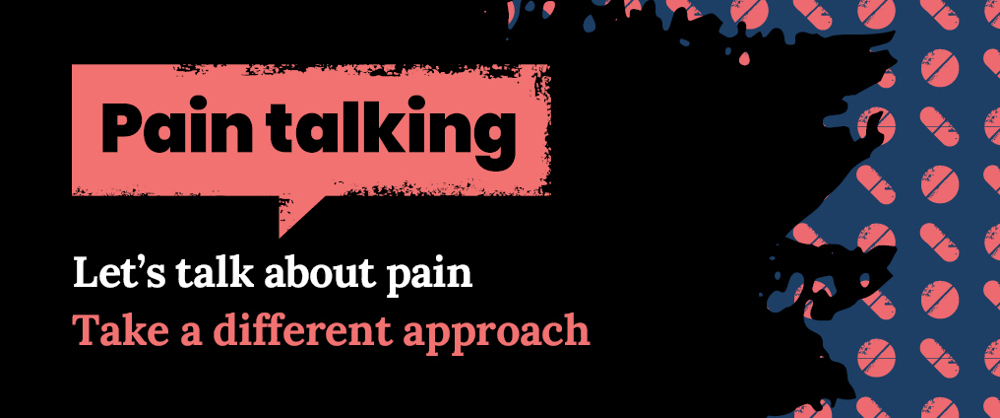
This information has been developed to supplement the information the doctor or healthcare practitioner has already given you.
Date of Issue: March 2025
Review Date: March 2026
If the review date has passed, the content will apply until the next version is published.
Capsaicin is the active ingredient in chilli peppers. It can reduce the chemicals that produce pain.
The lowest strength, 0.025% cream (Zacin®), can help manage osteoarthritis.
The stronger, 0.075% cream (Axsain®), is used in post-herpetic neuralgia (after the rash from shingles has healed) and for painful diabetic neuropathy.
You may be advised to trial use for other painful conditions.
How to use capsaicin cream
Read the information leaflet provided with your medicine.
Apply a pea-sized amount of cream to the painful area.
Apply regularly four times a day. Gently rub the cream in until there is none left on the surface of your skin.
Leave a gap of at least 4 hours between applications.
Wash your hands immediately after applying the cream. If you are treating your hands, wait 30 minutes before washing them.
Continue using the cream regularly for 4-6 weeks before deciding if it is helping. It may take weeks before you notice any benefit.
Precautions
- Avoid additional heat sources such as hot water bottles, heat pads, hot shower or bath, as these may increase the burning sensation.
- Avoid contact with eyes, mucous membranes and irritated or broken skin.
- Avoid inhaling the vapour of the cream.
- Do not use a TENS machine over the area for an hour after applying the cream.
- Do not apply tight bandages over the area of application.
How long should I use the cream for?
If you are getting benefit you can keep using the cream while your pain is still a problem.
Reviewed this every few months with your doctor or pharmacist.
Are there any side effects?
All medicines can cause side effects. Not everyone will get them.
Capsaicin cream can cause a brief burning feeling when applied. This will usually wear off after continued use. It is more likely to occur if:
- Too much cream is applied.
- The cream is applied and then other heat is also used (e.g. hot shower).
- When used less than 3 to 4 times a day.
Sometimes people have to discontinue the cream because the burning sensation is unbearable.
Capsaicin cream can cause skin irritation. If a rash develops then stop using it.
Sometimes the cream may irritate the eyes, nose or throat causing watery eyes, a runny nose, coughing or sneezing. These symptoms are usually mild and go away on their own. Occasionally, breathing in the vapour can cause breathlessness or worsen asthma.
If side effects go on and become a problem or you have others not expected, then speak to your doctor or pharmacist.
Medication in chronic pain
Medicines are not always helpful for long term pain.
They can cause side effects and harm.
It is best to stop medicines that are not working or cause problems.
It is helpful to find other ways of managing pain.
A doctor or pharmacist can explain more.
Remember
Do not stop medicines suddenly.
Do not share medicines.
Never take more medicine than prescribed.
Let your doctor or pharmacist know if you take other medicines or products.
Read the information sheet given with each medicine.
Keep medicines out of the reach of children.
Store medicines safely.
Return unused medicines to your pharmacy.
If medicines make you drowsy, do not drive.
Discuss any medication concerns with your doctor or pharmacist.
Accessible formats
If you require this information in a community language or alternative format such as Braille, audio, large print, BSL, or Easy Read, please contact the Equality and Human Rights Team at: email: fife.EqualityandHumanRights@nhs.scot or phone 01592 729130. For people with a hearing or verbal impairment you can also contact the team through the NHS Fife SMS text service number on 07805800005.
